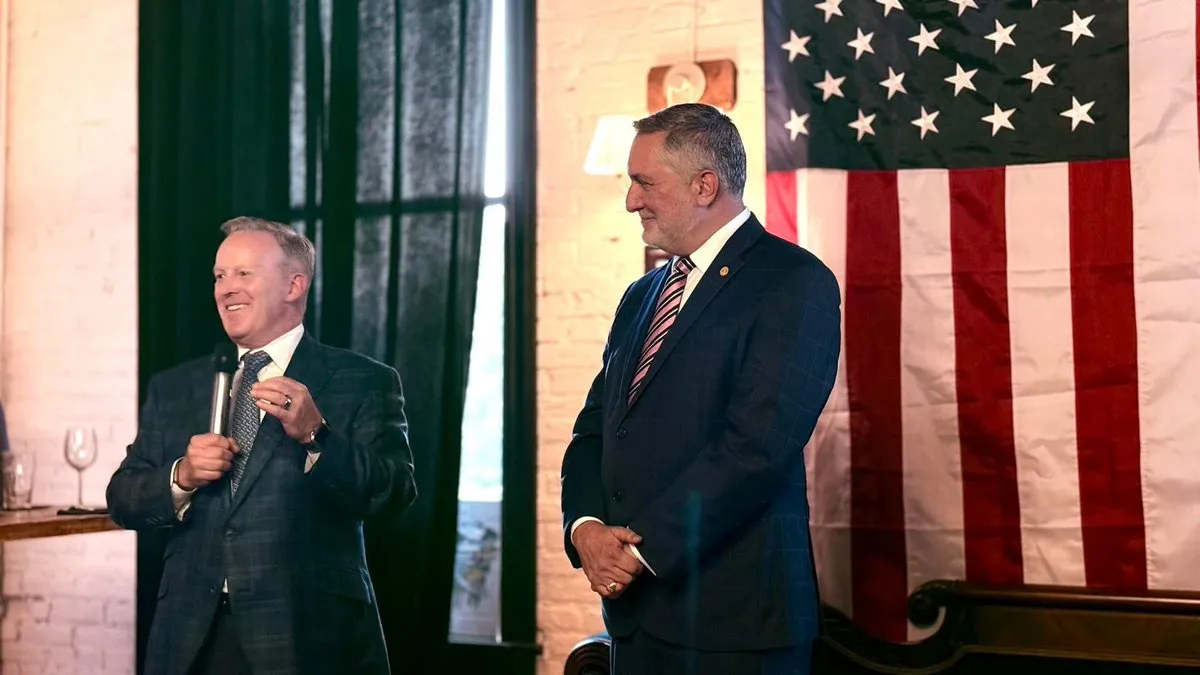Reid’s tenure as registered foreign agent faces fresh scrutiny in lieutenant governor bid
The GOP nominee says he did media, not lobbying, and wasn’t assigned to Saudi or Fiji accounts; Qorvis stresses compliance with federal law

The GOP nominee says he did media, not lobbying, and wasn’t assigned to Saudi or Fiji accounts; Qorvis stresses compliance with federal law
